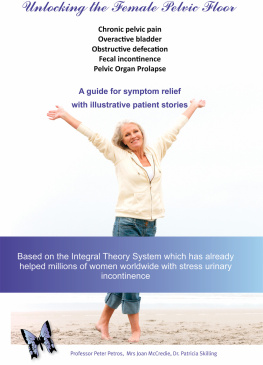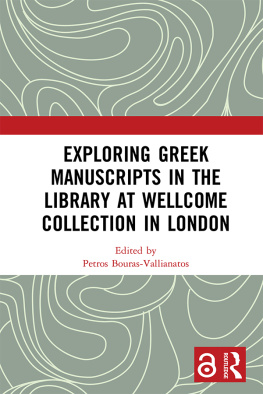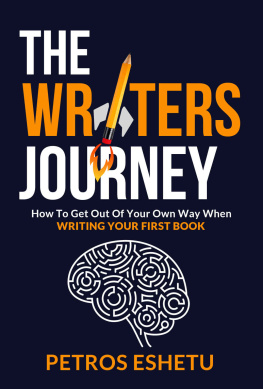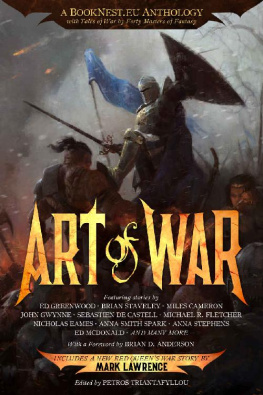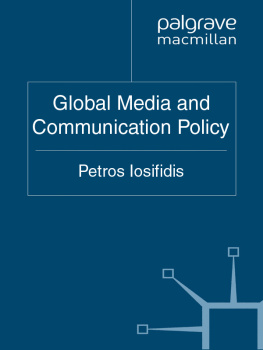
Apostolos Doxiadis
Uncle Petros and Goldbach's Conjecture
Archimedes will be remembered when Aeschylus
is forgotten, because languages die and mathematical
ideas do not. 'Immortality' may be a silly word,
but probably a mathematician has the best
chance of whatever it may mean.
G. H. Hardy, A Mathematician's Apology
Every family has its black sheep in ours it was Uncle Petros.
My father and Uncle Anargyros, his two younger brothers, made sure that my cousins and I should inherit their opinion of him unchallenged.
That no-good brother of mine, Petros, is one of life's failures, my father would say at every opportunity. And Uncle Anargyros, during the family get-togethers from which Uncle Petros routinely absented himself, always accompanied mention of his name with snorts and grimaces expressing disapproval, disdain or simple resignation, depending on his mood.
However, I must say this for them: both brothers treated him with scrupulous fairness in financial matters. Despite the fact that he never shared even a slight part of the labour and the responsibilities involved in running the factory that the three inherited jointly from my grandfather, Father and Uncle Anargyros unfailingly paid Uncle Petros his share of the profits.
(This was due to a strong sense of family, another common legacy.) As for Uncle Petros, he repaid them in the same measure. Not having had a family of his own, upon his death he left us, his nephews, the children of his magnanimous brothers, the fortune that had been multiplying in his bank account practically untouched in its entirety.
Specifically to me, his 'most favoured of nephews' (his own words), he additionally bequeathed his huge library which I, in turn, donated to the Hellenic Mathematical Society. For myself I retained only two of its items, volume seventeen of Leonard Euler's Opera Omnia and issue number thirty-eight of the German scientific Journal Monatshefte fr Mathematik und Physik. These humble memorabilia were symbolic, as they defined the boundaries of Uncle Petros' essential life-story. Its starting-point is in a letter written in 1742, contained in the former, wherein the minor mathematician Christian Goldbach brings to the attention of the great Euler a certain arithmetical observation. And its termination, so to speak, is to be found in pages 183-98 of the erudite Germanic Journal, in a study entitled 'On Formally Undecidable Propositions in Principia Mathematica and Related Systems', authored in 1931 by the until then totally unknown Viennese mathematician Kurt Gdel.
Until I reached mid-adolescence I would see Uncle Petros only once a year, during the ritual visit on his name day, the feast of Saints Peter and Paul on the twenty-ninth of June. The custom of this annual meeting had been initiated by my grandfather and as a consequence had become an inviolable obligation in our tradition-ridden family. We journeyed to Ekali, a suburb of Athens today but in those days more of an isolated sylvan hamlet, where Uncle Petros lived alone in a small house surrounded by a large garden and orchard.
The contemptuous dismissal of their older brother by Father and Uncle Anargyros had puzzled me from my earliest years and had gradually become for me a veritable mystery. The discrepancy between the picture they painted of him and the impression I formed through our scant personal contact was so glaring that even an immature mind like mine was compelled to wonder.
In vain did I observe Uncle Petros during our annual visit, seeking in his appearance or behaviour signs of dissoluteness, indolence or other characteristics of the reprobate. On the contrary, any comparison weighed unquestionably in his favour: the younger brothers were short-tempered and often outright rude in their dealings with people while Uncle Petros was tactful and considerate, his deep-set blue eyes always kindling with kindness. They were both heavy drinkers and smokers; he drank nothing stronger than water and inhaled only the scented air of his garden. Furthermore, unlike Father, who was portly, and Uncle Anargyros, who was outright obese, Petros had the healthy wiriness resulting from a physically active and abstemious lifestyle.
My curiosity increased with each passing year. To my great disappointment, however, my father refused to disclose any further information about Uncle Petros beyond his dismissive incantation, 'one of life's failures'. From my mother I learned of his daily activities (one could hardly speak of an occupation): he got up every morning at the crack of dawn and spent most daylight hours slaving away in his garden, without help from a gardener or any modern labour-saving contraptions his brothers erroneously attributed this to stinginess. He seldom left his house, except for a monthly visit to a small philanthropic institution founded by my grandfather, where he volunteered his services as treasurer. In addition, he sometimes went to 'another place', never specified by her. His house was a true hermitage; with the exception of the annual family invasion there were never any visitors. Uncle Petros had no social life of any kind. In the evenings he stayed at home and here mother had lowered her voice almost to a whisper 'immersed himself in his studies'.
At this my attention suddenly peaked. 'Studies? What studies?'
God only knows, answered Mother, conjuring up in my boyish imagination visions of esoterica, alchemy or worse.
A further unexpected piece of information came to identify the mysterious 'other place' that Uncle Petros visited. It was offered one evening by a dinner-guest of my father's.
I saw your brother Petros at the club the other day. He demolished me with a Karo-Cann, said the guest, and I interjected, earning an angry look from my father: 'What do you mean? What's a Karo-Cann?'
Our guest explained that he was referring to a particular way of opening the game of chess, named after its two inventors, Messrs Karo and Cann. Apparently, Uncle Petros was in the habit of paying occasional visits to a chess club in Patissia where he routinely routed his unfortunate opponents.
'What a player!' the guest sighed admiringly. 'If only he'd entered formal competition he'd be a Grand Master today!'
At this point Father changed the subject.
The annual family reunion was held in the garden. The grown-ups sat around a table that had been set up in a paved patio, drinking, snacking and making small-talk, the two younger brothers routinely exerting themselves (as a rule, not altogether successfully) to be gracious to the honouree. My cousins and I played among the trees in the orchard.
On one occasion, having made the decision to seek an answer to the mystery of Uncle Petros, I asked to use the bathroom; I was hoping I would get a chance to examine the inside of the house. To my great disappointment, however, our host indicated a small out-house attached to the toolshed. The next year (by that time I was fourteen) the weather came in aid of my curiosity. A summer storm forced my uncle to open the French windows and lead us into a space that had obviously been intended by the architect to serve as a living room. Equally obviously, however, the owner did not use it to receive guests. Although it did contain a couch, it was totally inappropriately positioned facing a blank wall. Chairs were brought in from the gar-den and placed in a semi-circle, where we sat like the mourners at a provincial wake.
I made a hasty reconnaissance, with quick glances all around. The only pieces of furniture apparently put to daily use were a deep, shabby armchair by the fire-place with a small table at its side; on it was a chessboard with the pieces set out as for a game in progress. Next to the table, on the floor, was a large pile of chess books and periodicals. This, then, was where Uncle Petros sat every night. The studies mentioned by my mother must have been studies of chess. But were they?
Next page



